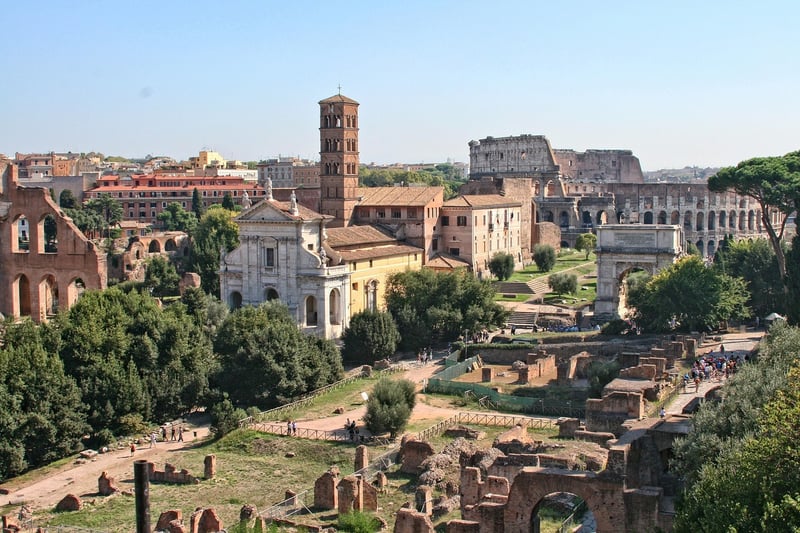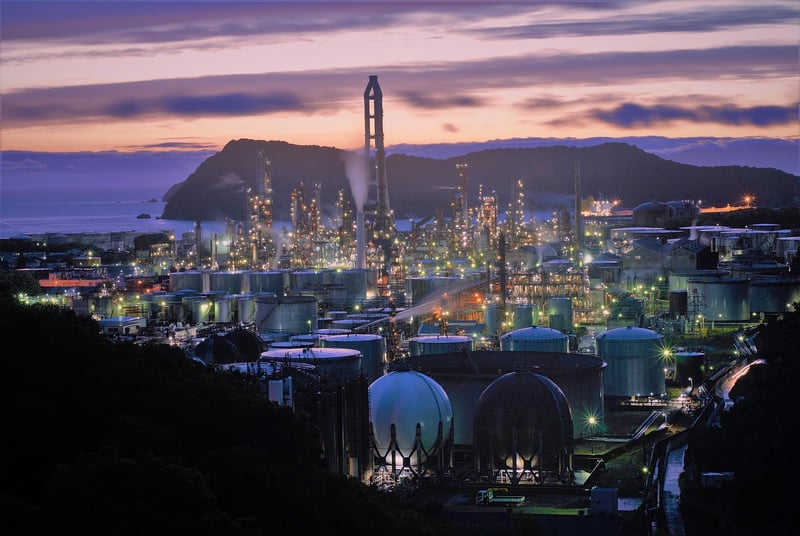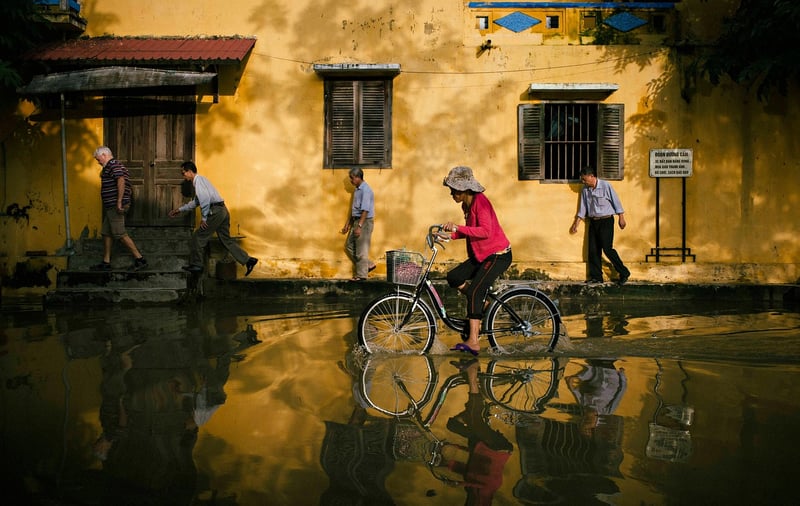Dystopian Worlds
Exploring Different Eras Through the Lens of Dystopian Worlds
Dystopian literature has long been a fascinating genre that allows us to explore alternate realities and potential futures shaped by societal, political, or environmental upheavals. Through the lens of dystopian worlds, we can delve into different eras in history and contemplate the consequences of various decisions and actions. Let's take a journey through time and space to uncover the diverse landscapes of dystopian imagination.
Ancient Times: The Fall of Empires
In ancient times, civilizations rose and fell, leaving behind echoes of their glory and collapse. Dystopian fiction set in this era often explores the hubris of empires, the decay of societal values, and the struggle for power. Works like "The Hunger Games" by Suzanne Collins draw parallels to the ruthless regimes of ancient Rome and the spectacle of gladiatorial combat.

Industrial Revolution: Machines and Men
The Industrial Revolution brought about unprecedented technological advancement but also rampant exploitation and environmental degradation. Dystopian narratives from this era reflect fears of dehumanization, class divide, and unchecked capitalism. George Orwell's "1984" paints a grim picture of a totalitarian society where individuality is suppressed in the name of progress.

Modern Times: Information Age and Surveillance
In the modern era of the Information Age, dystopian fiction often grapples with themes of surveillance, fake news, and the erosion of privacy. Books like "Brave New World" by Aldous Huxley envision a world where technology controls every aspect of human life, blurring the lines between reality and illusion.

Future Frontiers: Climate Crisis and Beyond
Looking ahead to the future, dystopian works speculate on the consequences of climate change, genetic engineering, and artificial intelligence. Authors like Margaret Atwood in "The Handmaid's Tale" warn of a world where environmental disasters and oppressive regimes dictate the course of humanity.

By exploring dystopian worlds across different eras, we can gain insights into our own society, reflect on the choices we make, and consider the paths we may take in the future. These cautionary tales serve as mirrors to our reality, prompting us to question, imagine, and strive for a better world.
Embark on a journey through time and imagination, where the boundaries of reality blur, and the echoes of dystopian worlds resonate with our own.
